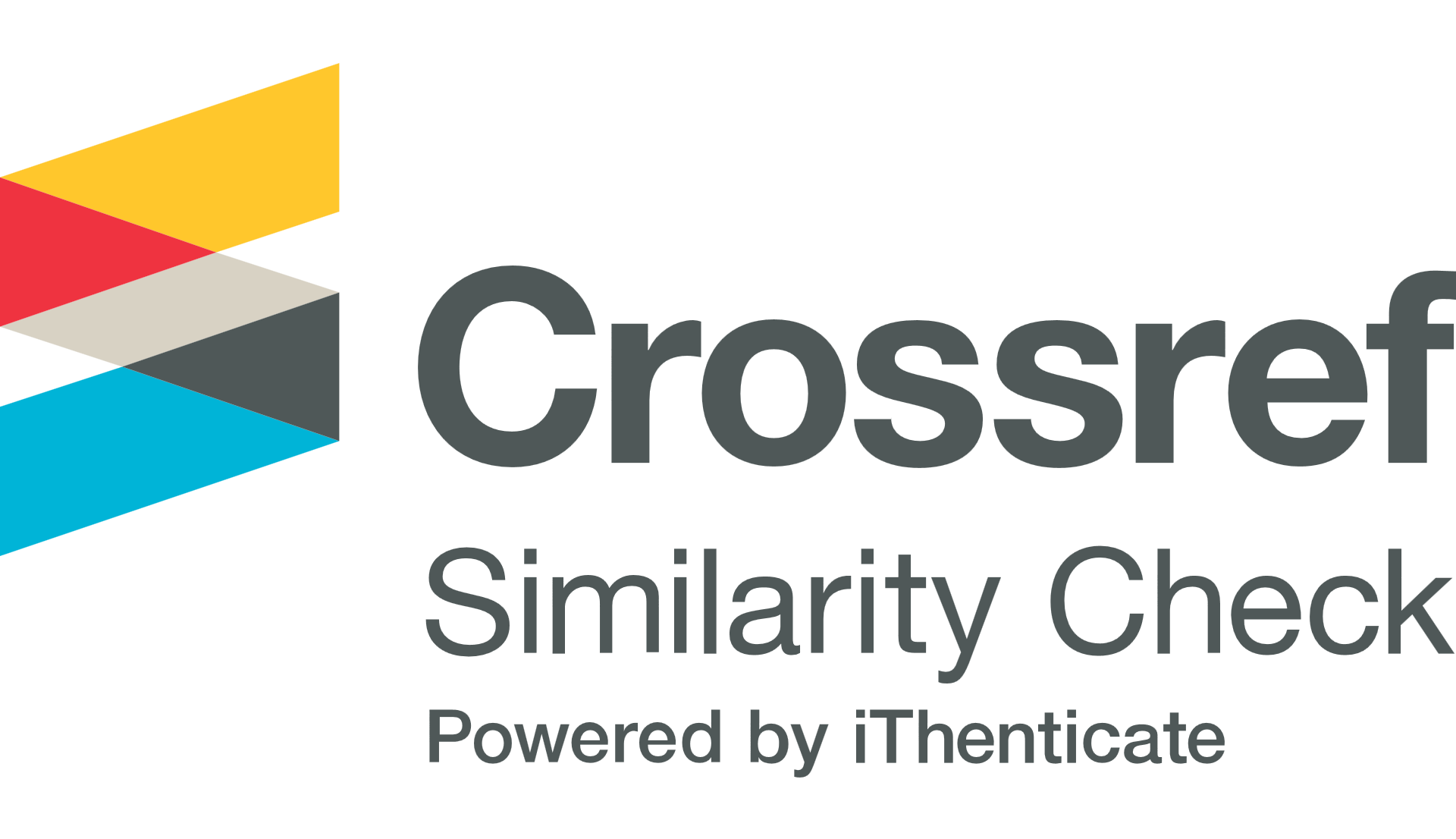Teoría del delito y sus fundamentos epistémicos
Resumen
La violencia y el crimen representan un desafío significativo en el paradigma global contemporáneo. Las estadísticas delictivas de revelan que el comportamiento delictivo parece prevalecer principalmente entre los adolescentes y adultos jóvenes. Una preocupación válida es que un patrón de reincidencia o reincidencia es muy complicado porque se sabe poco sobre las circunstancias asociadas con la reincidencia juvenil y tanto el reincidente como las instituciones correccionales no pueden lidiar con ellas, ya que no tienen control sobre las diversas circunstancias socioeconómicas que pueden afectar al menor infractor fuera del centro penitenciario. Partiendo desde una concepción global de la epistemología del delito, esta revisión recopila diversas perspectivas con referente a diversas teorías del delito y sus fundamentos epistémicos.
Palabras claves: Epistemología del delito, Fundamentos del delito, Teoría del delito.
ABSTRACT
Violence and crime represent a significant challenge in the contemporary global paradigm. Crime statistics reveal that criminal behavior seems to be prevalent primarily among adolescents and young adults. A valid concern is that a pattern of recidivism or recidivism is very complicated because little is known about the circumstances associated with juvenile recidivism and both the recidivist and correctional institutions are unable to deal with them, as they have no control over the various socioeconomic circumstances. that may affect the minor offender outside the penitentiary. Starting from a global conception of the epistemology of crime, this review compiles various perspectives regarding various theories of crime and their epistemic foundations.
Keywords: Epistemology of crime, Foundations of crime, Theory of crime.
Información del manuscrito:
Fecha de recepción: 09 de noviembre de 2020.
Fecha de aceptación: 08 de enero de 2021.
Fecha de publicación: 11 de enero de 2021.
Descargas
Citas
Armiya'u, Aishatu. (2019). Social Learning Theory and Rational Crime Theory: The Nigerian Lens. 216-219.
Boutwell, Brian & Barnes, J.C. & Beaver, Kevin & Haynes, Raelynn & Nedelec, Joseph & Gibson, Chris. (2015). A Unified Crime Theory: The Evolutionary Taxonomy. Aggression and Violent Behavior. 25. 10.1016/j.avb.2015.09.003.
Florczak, Waldemar. (2012). ON THE POSSIBILITY OF INTEGRATED EMPIRICAL VERIFICATION OF ALTERNATIVE THEORIES: CASE STUDY OF CRIME THEORIES. Ekonomista. 735-764.
Ghosh, Arghya & Robertson, Peter & Robitaille, Marie-Claire. (2016). Does Globalisation Affect Crime? Theory and Evidence. The World Economy. 39. 10.1111/twec.12422.
Ivanov, Dmitriy & Sokolova, Marina & Podustova, Oksana & Fadeev, Pavel & Molyanov, Alexey. (2021). Seizure of Property as a Way to Ensure Compensation for Damage Caused by a Crime: Theory and Practice. Jurnal Cita Hukum. 9. 199-210. 10.15408/jch.v9i2.21737.
Kandala, Lupwana. (2018). Perspectives on crime theories and juvenile’s recidivism based on socio -economic variables in south africa. Foresic Research & Criminology International Journal. 6. 339-346. 10.15406/frcij.2018.06.00226.
Kavish, Nicholas & Boutwell, Brian. (2018). The Unified Crime Theory and The Social Correlates of Crime and Violence: Problems and Solutions. Journal of Criminal Psychology. 8. 10.1108/JCP-06-2018-0028.
Ostrohliad, Oleksandr & Torbas, Oleksandr & Zavtur, Viktor & Sydorchuk, Vladyslav & Fedoriv, Oleh. (2021). Effectiveness standards for investigation of corruption crimes: Theory and practice. Revista Amazonia Investiga. 10. 295-306. 10.34069/AI/2021.44.08.29.
Raza, Aqa. (2016). Laws Relating to Cyber Crimes: Theories and Legal Aspects. SSRN Electronic Journal. 10.2139/ssrn.3066200.
Tripathi, Uma. (2019). Universal Crime Theories and Women. Scholars International Journal of Law, Crime and Justice. 02. 352-363. 10.36348/sijlcj.2019.v02i11.003.
Publicado
Cómo citar
Número
Sección
Licencia
Derechos de autor 2021 Revista Científica Arbitrada de Investigación en Comunicación, Marketing y Empresa REICOMUNICAR. ISSN 2737-6354.

Esta obra está bajo una licencia internacional Creative Commons Atribución-NoComercial-CompartirIgual 4.0.

















